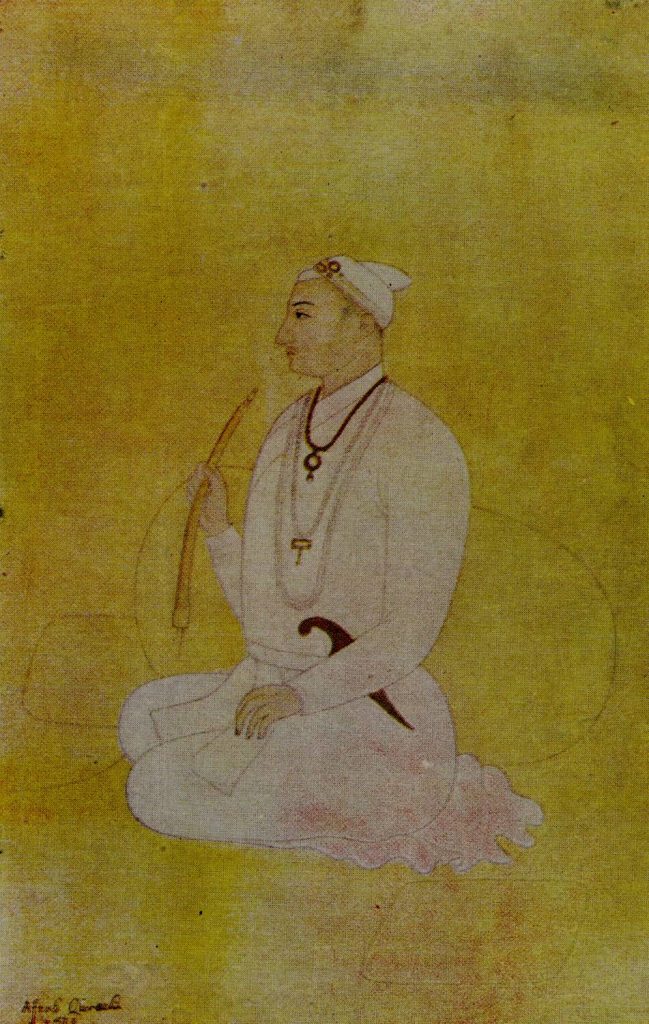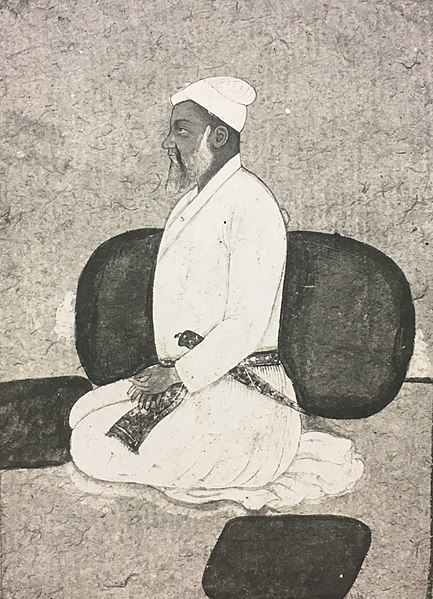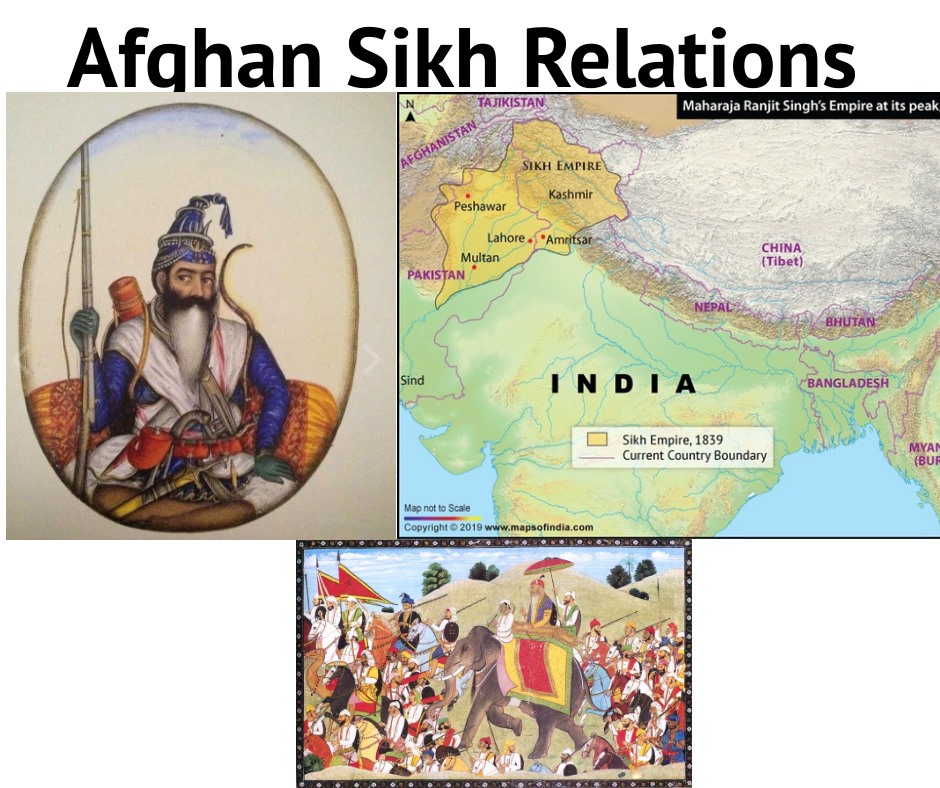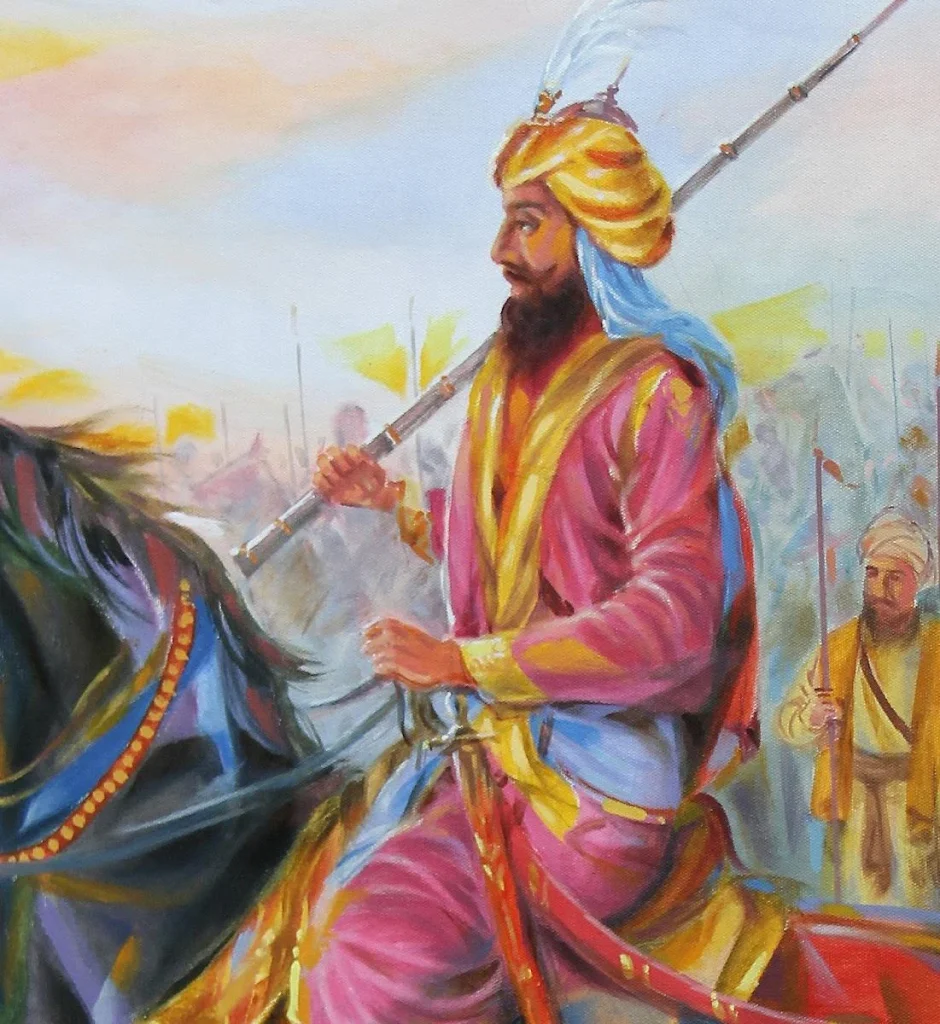Explore Tarikhi Ahmad, the popular 1850 work by Abdul Karim Alavi, detailing Ahmad Shah Durrani's legacy and the historical landscapes of Punjab.
Explore the Zafarnamah, an unpublished 1748-49 manuscript detailing Ahmad Shah Durrani's invasions of India and Mu'in ul-Mulk's valiant leadership.
ADINA BEG KHAN (d. 1758), governor of the Punjab for a few months in AD 1758, was, according to Ahwal-i-Dina Beg Khan, an unpublished Persian manuscript, the son of Channu, of the Arain agriculturalist caste, mostly settled in Doaba region of the Punjab. He was born at the village of Sharakpur, near Lahore, now in Sheikhupura district of Pakistan. Adina Beg was brought up in Mughal homes, for the most part in Jalalabad, Khanpur and Bajvara in the Jalandhar Doab. Starting his career as a soldier, he rose to be collector of revenue of the village of Kang in the Lohian area, near Sultanpur Lodhi.
AFGHAN SIKH RELATIONS spanning the years 1748 to 1849 go back to the first invasion of India by Ahmad Shah Durrani, although he must have heard of the Sikhs when in 1739 he accompanied Nadir Shah, the Iranian invader, as a young staff officer. Having occupied Lahore after a minor engagement fought on 11 January 1748 during his first invasion of India, Ahmad Shah advanced towards Sirhind to meet a Mughal army which he was informed was advancing from Delhi to oppose him. On the way he had two slight skirmishes at Sarai Nur Din and at the Vairoval ferry, both in present day Amritsar district, with a Sikh jatha or fighting band under Jassa Singh Ahluvalia.
ALA SINGH, BABA (1691-1765), Sikh mis leader who became the first ruling chief of Patiala, was born in 1691 at Phul, in present day Bathinda district of the Punjab, the third son of Bhai Ram Singh. His grandfather, Baba Phul, had been as a small boy blessed by Guru Hargobind, Nanak VI. Ala Singh\'s father and his uncle, Tilok Singh, had both received the rites of initiation at the hands of Guru Gobind Singh who conferred on their family the panegyric, "Your house is mine own. "
CHARHAT SINGH (d. 1770), grandfather of Maharaja Ranjit Singh, was the eldest of the four sons of Sardar Naudh Singh. He took to arms while still very young and started taking part in the raids and expeditions led by his father. He also fought in the Sikhs` skirmishes with the Afghan invader Ahmad Shah Durrani. After the death of his father, he broke away from the Faizullapuria Misi and determined to acquire territory for himself. He left his ancestral village of Sukkarchakk and established his headquarters at Gujranwala, where he had gathered a considerable following within a short time.
Explore Lahina Singh's legacy, capturing Lahore and minting the Sikh coin. Discover his defiance of Ahmad Shah Durrani and leadership in Punjab till 1797.
Discover Mir Mannu's rule in Punjab, his battles, policies, and impact on the Sikhs amid Afghan invasions and internal strife. Learn about his legacy.
Explore the life and works of Kavi Saundha Singh, the renowned poet of Punjab, esteemed for his substantial literary contributions.
- 1
- 2






